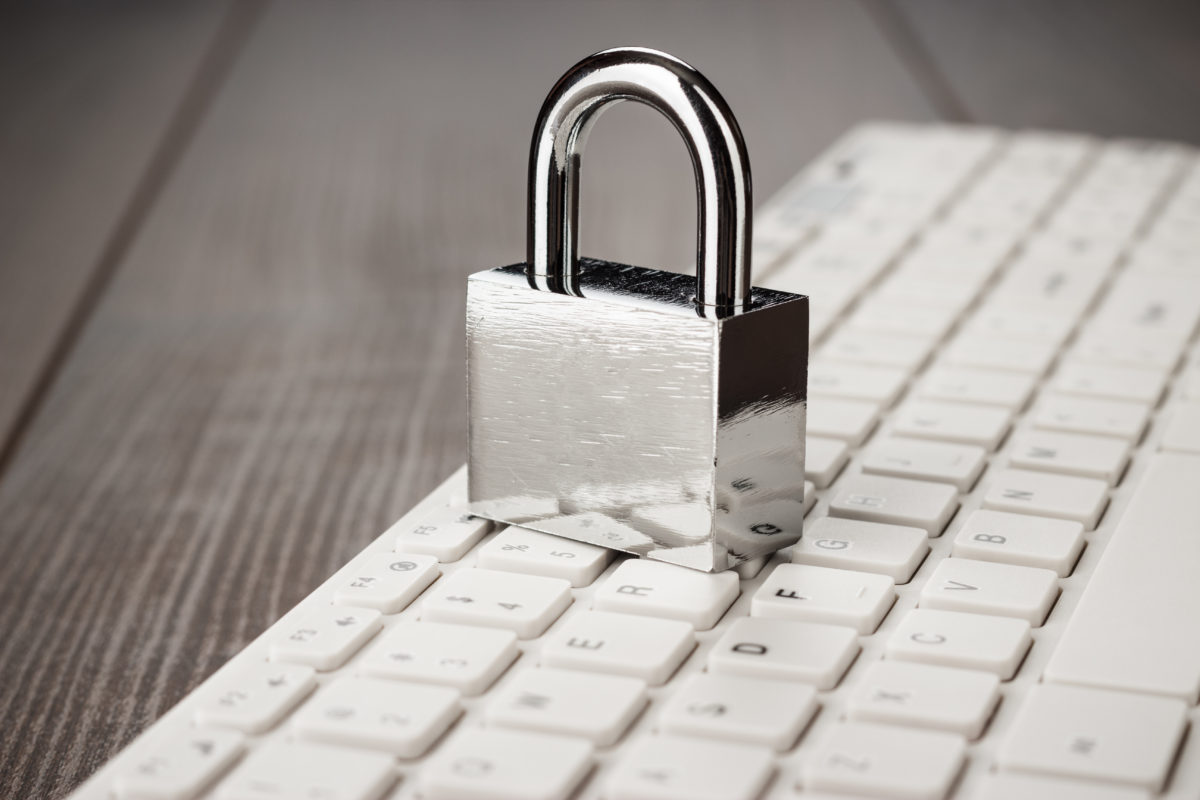
Privacy as fast disappearing as Information Technology pervades every aspect of our lives. More than 200 years ago the founding fathers included the fourth amendment in the constitution to specifically protect privacy, however, they never imagined a scenario in which people would willingly give up the benefits of that right to nameless and faceless multi-national conglomerates and governments without a second thought. In the 21st century data is the new gold, the more personal and the more comprehensive the better. It is still possible to retain some privacy while remaining active and engaged online, it just takes a little work and a little bit of attention.
The first and most important step you can take is limiting what kind of information you post on social media. Social media has connected hundreds of millions of people and has revolutionized the way people communicate, but it is also incredibly intrusive and is the key to linking you to your online behaviors and choices. Remember that anything posted on the internet is essentially written in ink, even if you later delete it many companies will retain the information for use or to sell it to advertisers. When in doubt: don’t post and don’t share.
A second and almost equally important step is to configure privacy settings. Many social media companies have set the default privacy setting to show everything. Restricting access to your profile to and family only can significantly reduce the number of people who are able to view details about your life. Most people would be uncomfortable if someone called them and asked them questions like where they work and who they are married to, why allow that information to be free to anyone who takes the time to do a quick search?
If you desire an additional layer of privacy a VPN is always a good option. VPN stands for Virtual Private Network. Essentially all searches are rerouted through the VPN which makes your browsing habits much more difficult to trace. Additionally, most VPN’s allow you to choose where you want your connection routed from allowing geographic anonymity as well as personal anonymity. It is important to know that the company that provides the VPN is important; since your traffic is routed through them they can see it themselves, make sure you pick a reputable company with a good track record of privacy.
Finally, one often overlooked aspect of privacy is physical protection. Changing settings, using a VPN, and hiding your profile from people without a connection to you will all increase your online privacy. However, if you do not set a good passcode on your phone or enable encryption your personal data is still at risk. Think of a phone passcode as a PIN number. If someone steals your phone they are a few digits away from accessing your search history, address, contacts, banking information, and all kinds of other valuable data. If you use a series of sequential numbers (such as 1111) consider changing them or even enabling alphanumeric authentication. For most people phones are the gateway to their personal life, that deserves more than four numbers.

